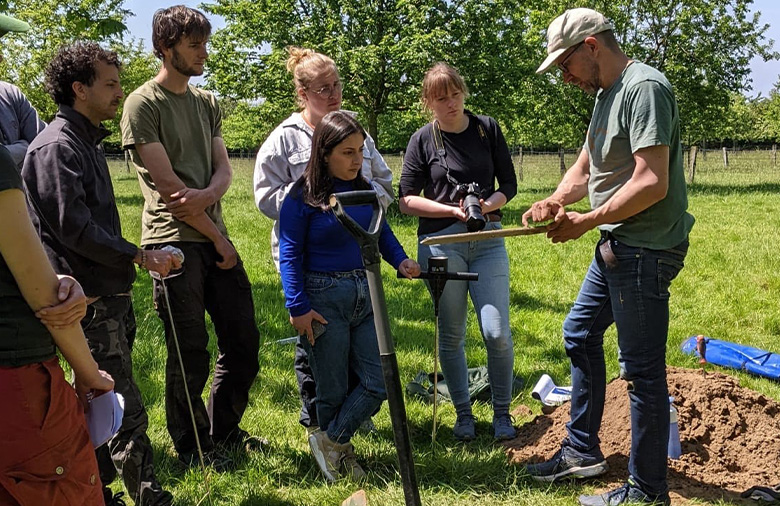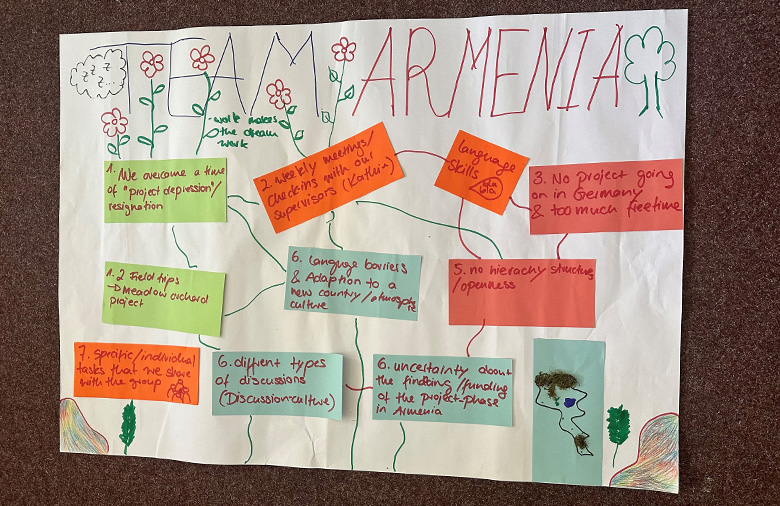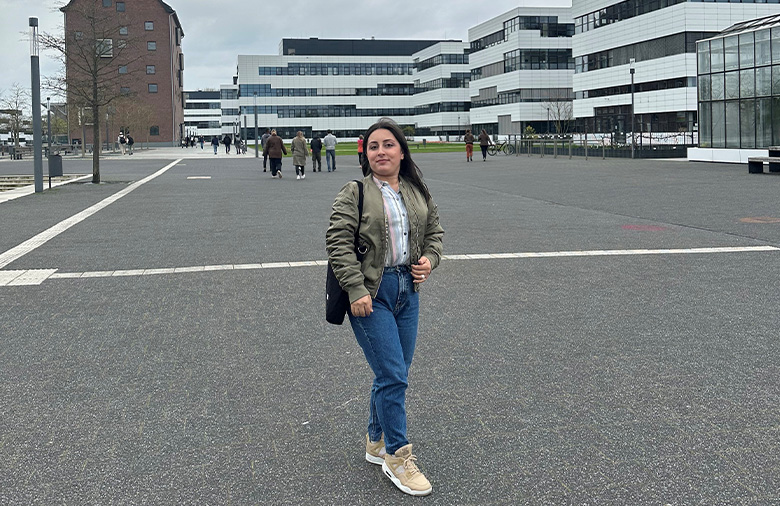Our preparations payed off and we were able to get to work as soon as we arrived in Armenia, where the NGO Shen hosted us. Shen has been working to address some of the most urgent humanitarian issues in Armenia since being founded by a group of professors and students from the Yerevan Polytechnic Institute in 1988. Some of these issues became very apparent during our second project phase, as Armenia has experienced significant socio-political and economic shocks in recent years. Operating in a turbulent and uncertain geopolitical context, the country struggles with low investment rates, weak attraction of foreign direct investment, limited human capital and connectivity constraints both within Armenia and with other countries. Still the people at Shen worked hard and succeeded in providing us with uninterrupted transportation and access to equipment, as well as personal support. During our many visits to the study area, we performed soil sampling to determine the chemical composition and made profile cuts of the soil to analyze the different horizons and the depth of the fertile layer. Based on the results of the analysis, we made recommendations for the preferred species to use in the agroforestry system. We also prepared questionnaires for separate group discussions and individual interviews, which we conducted with the community’s residents. Most interviews were conducted with farmers to understand how agriculture works in the Lernavan region and what the farmers main concerns are, regarding agroforestry. Analyzing all the data obtained as a result of the research, we have presented a model of the agroforestry system created by us, which can be implemented in the given area.


